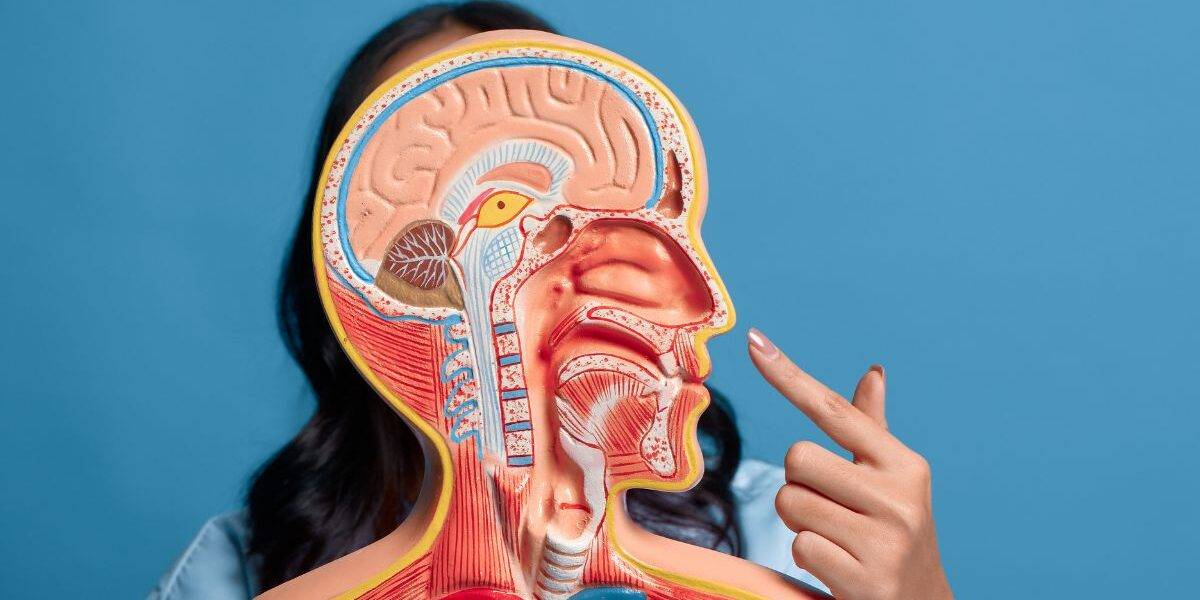Turbinate Surgery: Treatment for Breathing & Sinus Issues
Have you been living with chronic nasal congestion, difficulty breathing through your nose or recurring sinus infections? Maybe you’ve tried treatment after treatment, before resigning yourself to the idea that this is just how your nose works. Don’t settle for poor breathing; the culprit could be your turbinates.
What are Turbinates?
Turbinates are small, bony structures inside your nose that help warm, filter and humidify the air you breathe. When they become enlarged, often due to allergies, chronic sinus inflammation or structural issues, they can block airflow and cause persistent sinus problems.
Your nose has 3 sets of turbinates on each side: the inferior, middle and superior. When the inferior turbinates swell (a condition called turbinate hypertrophy), the nasal passages narrow. This can cause year-round stuffiness, snoring, mouth breathing and a reduced sense of smell. Medical treatments like antihistamines, steroid sprays or decongestants can provide some relief, but surgery is the most effective long term solution.
What Happens During Turbinate Surgery?
Turbinate surgery, also called turbinate reduction, reshapes or reduces the size of the turbinates to restore proper airflow. There are several techniques a surgeon can use:
- Remove tissue beneath the surface while preserving the outer mucous membrane to maintain nasal function
- Use heat to shrink tissue
- Remove part of the turbinate
Turbinate surgery is often performed under local or general anesthesia and can be done on its own or in combination with other nasal surgeries such as a septoplasty for a deviated septum. Most patients experience only mild discomfort after surgery and can return to normal activities within a week. Nasal congestion may persist for a short time due to swelling, but as healing progresses, many people report dramatic improvement in breathing, reduced snoring, better sleep quality and fewer sinus infections.
Our team at Biltmore ENT is ready to help you live a better quality of life. Contact our office today at (602) 956-1250 or click here to request an appointment.

